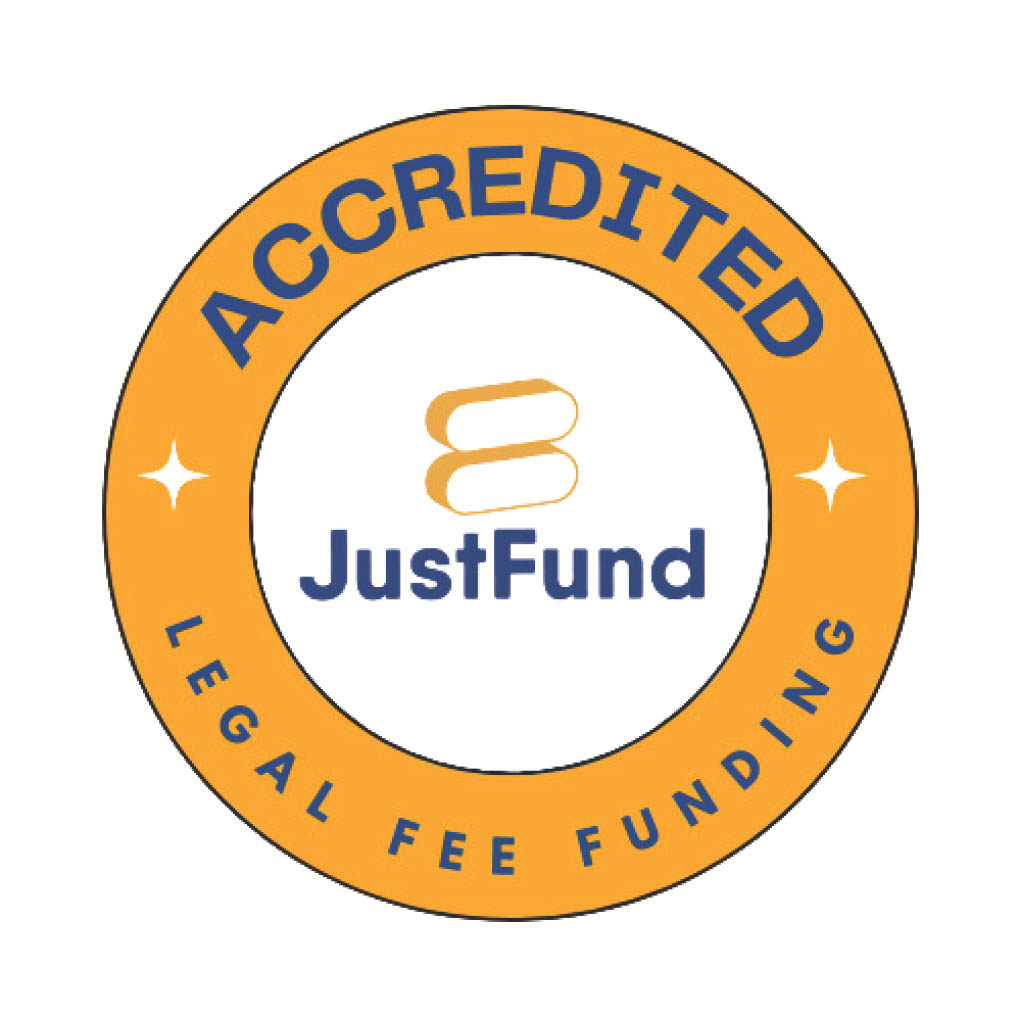Loan Agreements
Lending Money? Protect Yourself with a Properly Drafted Loan Agreement
Whether you're lending money to your child to help them enter the property market, supporting a friend’s business venture, or assisting someone with their everyday expenses, it's crucial to ensure that your interests are properly protected.
At Wakefield Lawyers, we specialise in preparing clear, enforceable Loan Agreements and advising on the best ways to secure your loan, so you can lend with confidence.
Why You Need a Loan Agreement
Lending money, even to family or close friends, comes with risk. Circumstances can change unexpectedly, and informal arrangements can lead to serious complications if the borrower defaults, enters a relationship breakdown, or passes away.
That’s why our advice is simple: always have a Loan Agreement in place.
A Loan Agreement is a legally binding document signed by both lender and borrower. It sets out:
- The loan amount;
- Repayment terms (including interest, if applicable);
- Loan duration and repayment schedule;
- What happens if the borrower defaults.
While a Loan Agreement alone provides some legal protection, it doesn’t offer security over the borrower’s assets. If you want to ensure you're repaid, it’s essential to consider how the loan will be secured.
Ways to Secure Your Loan – From Most to Least Protective
We help clients across Gippsland and Victoria understand the available security options and choose the right structure for their circumstances:
- Registered Mortgage (First Mortgage): This is the gold standard of loan security. A registered mortgage gives the lender legal rights over the borrower’s real estate. The mortgage appears on title, meaning the property cannot be sold, transferred, or further mortgaged without your consent. In the event of default, you may take possession or force a sale to recover the loan.
- Registered Second Mortgage: If the borrower already has a mortgage in place, you can still register a second mortgage. This still provides powerful rights but places you second in line for repayment after the first mortgagee. It’s essential to ensure the borrower can service both loans and that there’s sufficient equity in the property.
- Unregistered Mortgage: An unregistered mortgage provides a legal interest in the property but does not appear on title. The borrower can sell or re-mortgage the property without your knowledge. While it offers more protection than an unsecured loan, it carries significant risks in enforcement and priority.
- PPSR (Personal Property Security Register): If the borrower doesn’t own real estate, you can secure your loan over personal property such as vehicles, equipment, or business assets by registering your interest on the PPSR. This is especially useful when lending for business purposes. We can prepare a General Security Agreement and register your interest to protect your position if the borrower defaults. (Read more about the PPSR on our Blog).
- Caveat: A caveat is not a form of security, it simply prevents dealings on the property without notice to you. It does not give you rights to sell or force repayment. It can be useful for short-term, low-risk loans but should not be relied upon for larger or long-term lending.
- Loan Agreement Only (Unsecured): An unsecured Loan Agreement documents the loan terms but provides no security. If the borrower defaults, your only recourse is court proceedings—which can be costly, time-consuming, and uncertain.
- Verbal Agreement: A verbal arrangement is extremely risky. Proving the existence and terms of the loan can be very difficult—especially if the borrower claims the money was a gift. Without a written agreement, your options are very limited.
How Wakefield Lawyers Can Help
- We provide practical and professional guidance through every stage of the loan process. Our services include:
- Drafting clear and enforceable Loan Agreements
- Advising on the most appropriate form of security for your situation
- Registering mortgages or PPSR interests
- Reviewing existing or informal arrangements
- Coordinating with your accountant or financial advisor to align your legal and financial planning

Staff who can help with:
Loan Agreements
A Smarter, Flexible Way to Fund Your Family Law Matter
We understand that when you’re navigating a separation or relationship property matter, the financial strain can sometimes stand in the way of getting the legal support you need. JustFund are Australia’s only dedicated provider of flexible funding solutions for family law legal fees.
Eligible clients can access a flexible line of credit to cover legal fees and expenses related to separation or relationship property proceedings. You don't have to repay the loan until you reach a settlement, which we hope reduces the stress associated with paying costs upfront. Contact us for more information, or visit JustFund.com.au

A Smarter, Flexible Way to Fund Your Estate Administration Matter
Managing a deceased estate and the probate process often means covering more than just legal fees. Executors can face costs like insurance, property maintenance, and other expenses — often out of their own pocket, with reimbursement to come later. They may even want to improve assets prior to sale.
Through JustFund, eligible Executors and Beneficiaries can access flexible funding to cover these expenses as well as legal fees, with no repayments until probate is finalised. This helps ease financial pressure while ensuring the estate is preserved. Contact us for more information, or visit JustFund.com.au

Get in touch with our friendly team
To discover how our team can help you, get in touch by booking an appointment online or calling us

.jpg)
.jpg)



.jpg)